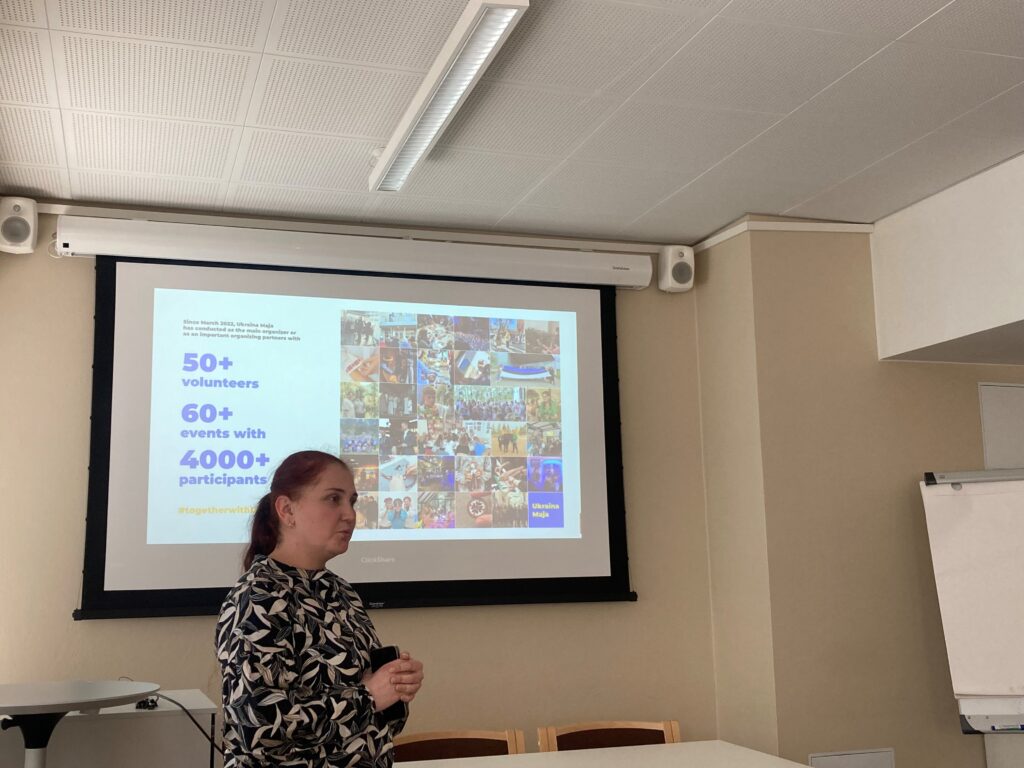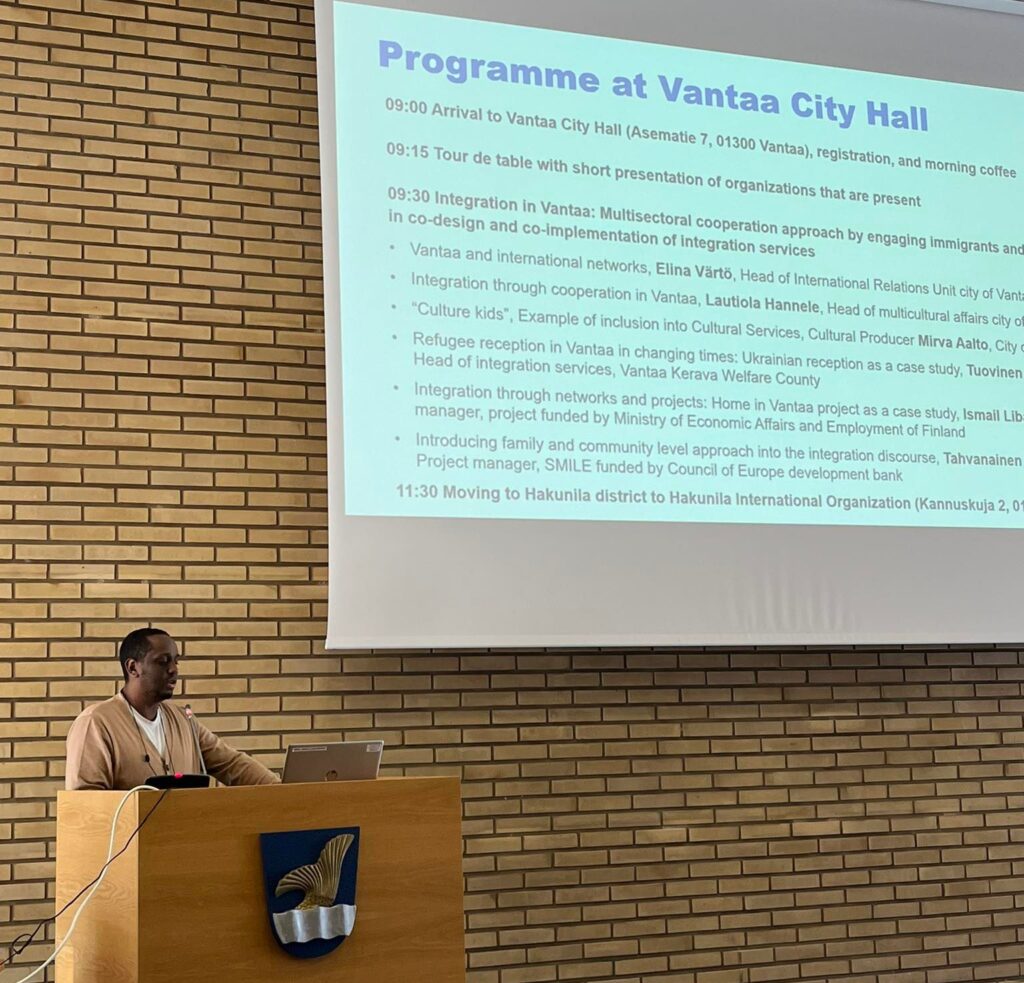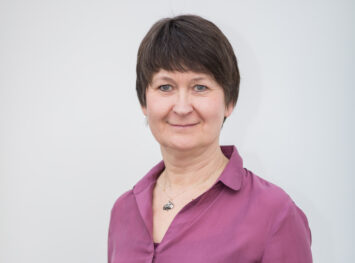Building Regional Networks of Integration Practitioners: Baltic Delegation Visits Finland for Knowledge Exchange
2023/04/03

From March 28th to 30th, 2023, the Nordic-Baltic Initiative For-In (Fostering refugee and immigrant integration/For Integration) implementation team, together with the UNHCR Representation for the Nordic and Baltic countries and national and local authorities’ partners from the Baltic countries, embarked on a study trip to Finland.
The purpose of the study visit was to gain knowledge about local integration policies, cooperation with NGOs, and to reinforce local level reception/integration capacities and develop holistic local level integration action planning in the Baltic municipalities. The delegation also aimed to build regional networks of integration practitioners through meetings and discussions at hosting municipalities in Finland.
Baltic Delegation
The Estonian delegation included representatives from the local governments of Tartu City, Nordic Council of Ministers, the NGO Ukrainian House, Ukrainian information center, International House of Estonia, Estonian Refugee Center, the Estonian Ministry of Culture, and coordinating project partner Tartu Welcome Centre.

The Latvian members were from the NGO “I want to help refugees,” Ar pasaules pieredzi Latvijā, representatives from Common Ground, Shelter Safe House, as well as representatives from coordinating project partners Social Integration Foundation and Providus.
The Lithuanian delegation included representatives from the NGOs Artscape, The Lithuanian Red Cross, and Lithuanian Refugee Council. The delegation was joined by a representative of the Lithuanian Ministry of Social Security and Labour, the local coordinating partner Diversity Development Group, the director from Nordic Council of Minister’s office in Lithuania, and an integration officer from UNHCR.
Lessons from Finland’s Multisectoral Approach
The study visit program focused on knowledge sharing, opportunities, challenges, and solutions. On the first day, the delegation visited the Nordic Welfare Center in Helsinki, where they learned about the Finnish integration policy and opportunities for cooperation between the Baltic-Nordics in the field of integration. Meetings were held with the Finnish council of refugees to discuss how to support both immigrant-led organizations and multicultural organizations. The delegation also learned about good practices in immigration and self-representative organizations, as well as socioeconomic inclusion initiatives.
On the 29th of March, meetings took place in Nordic Culture Point, where the Partnership Program was introduced by the Competence Center for Integration at the Ministry of Economy and Employment, focusing on work that promotes integration and social inclusion. The Finnish Immigration Department at the Ministry of Interior emphasized the communication aspect of immigration, and the Ministry of Justice presented the case of ETNO Advisory Board, the Finnish national and regional forum for dialogue with multicultural organizations, immigrants, and refugees. Meetings also focused on social innovation and solutions for the fast integration of newcomers to the labor market with Startup Refugee, a network of more than 1800 members.

In the city of Vantaa, the delegation learned about Vantaa’s integration ecosystem and multisectoral cooperation approach by engaging immigrants and refugees in co-design and co-implementation of integration services. Meetings in Vantaa city’s international network presented how Vantaa receives refugees, illustrated by the Ukrainian reception, the case study Home in Vantaa about integration through networks and projects, and SMILE founded by the Council of Europe Development Bank, which will further introduce a family and community-level approach into the integration discourse. The delegation also visited the Hakunila International Organization, where the city’s mayor greeted the participants, followed by a workshop hosted by immigrant-led organizations and coaching sessions aimed at developing guidance services between migrant-led organizations, with greetings from the Sahan society. The study trip concluded with a short session for FOR-IN Projects’ next steps hosted by the Diversity Development Group.
